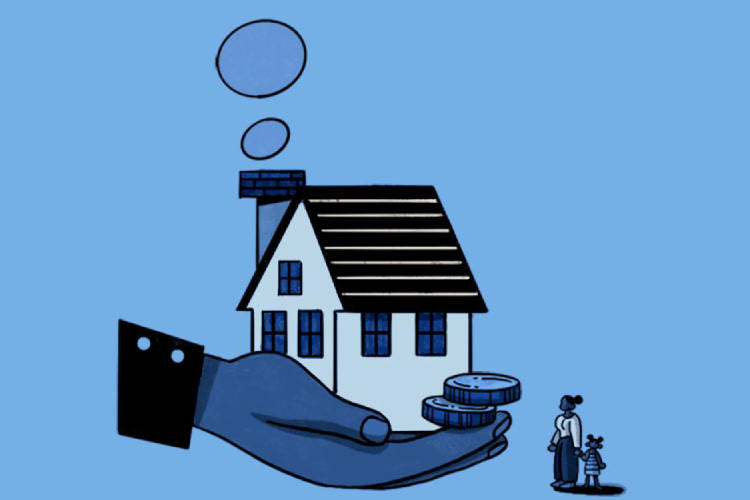FHA Loans – What Is a Federal Housing Administration Loan?
A Federal Housing Administration (FHA) loan is a home mortgage that is insured by the government and issued by a bank or other lender that is approved by the agency.
FHA loans require a lower minimum down payment than many conventional loans, and applicants may have lower credit scores than is usually required.
The FHA loan is designed to help low- to moderate-income families attain homeownership. They are particularly popular with first-time homebuyers.


KEY TAKEAWAYS
- FHA loans are mortgages intended for certain borrowers who find it difficult to obtain loans from private lenders.
- The federal government insures FHA loans.
- FHA borrowers tend to be riskier, and so must pay higher interest rates and pay PMI.
- Because they are insured, banks are more willing to loan money to homebuyers with relatively low credit scores and little cash to put down on the purchase.
- First-time homebuyers may find that an FHA loan is the most affordable mortgage option.
How Does an FHA Loan Work?
If you have a credit score of at least 580, you can borrow up to 96.5% of the value of a home with an FHA loan, as of 2022. That means the required down payment is only 3.5%.
If your credit score falls between 500 and 579, you can still get an FHA loan as long as you can make a 10% down payment.
With FHA loans, the down payment can come from savings, a financial gift from a family member, or a grant for down payment assistance.
